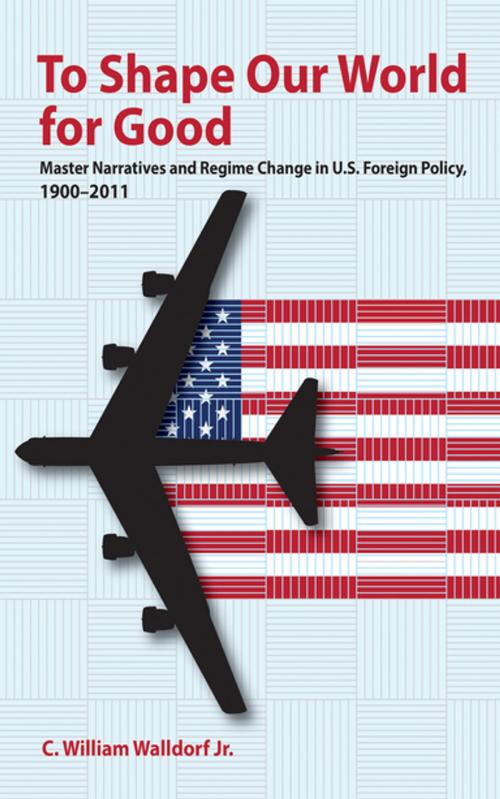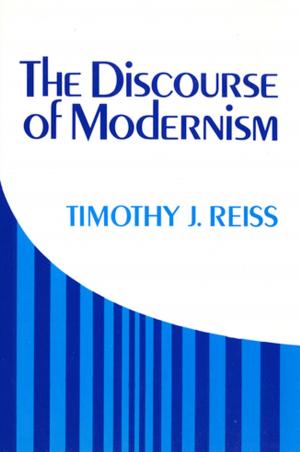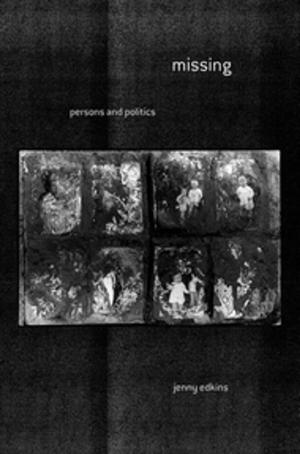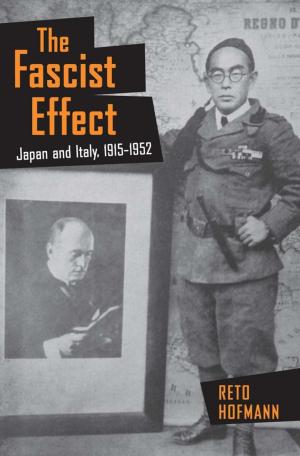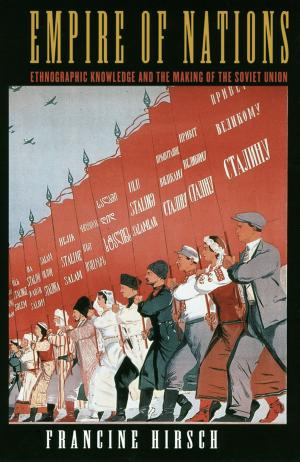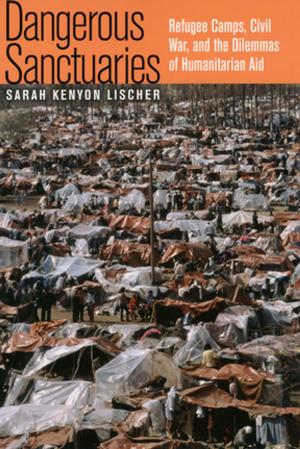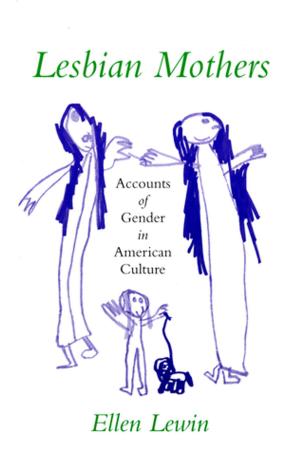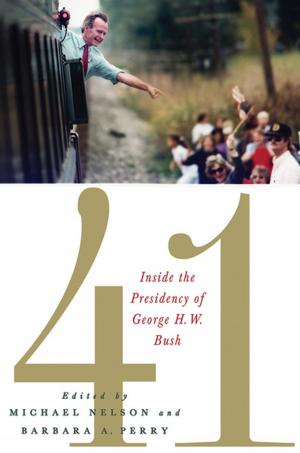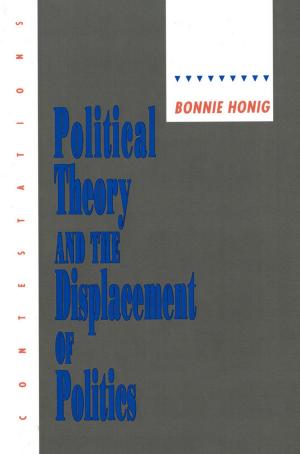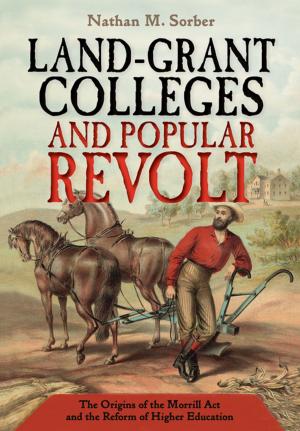To Shape Our World for Good
Master Narratives and Regime Change in U.S. Foreign Policy, 1900–2011
Nonfiction, Social & Cultural Studies, Political Science, International, International Relations, History, Americas, United States, 20th Century| Author: | C. William Walldorf Jr. | ISBN: | 9781501738296 |
| Publisher: | Cornell University Press | Publication: | June 15, 2019 |
| Imprint: | Cornell University Press | Language: | English |
| Author: | C. William Walldorf Jr. |
| ISBN: | 9781501738296 |
| Publisher: | Cornell University Press |
| Publication: | June 15, 2019 |
| Imprint: | Cornell University Press |
| Language: | English |
Why does the United States pursue robust military invasions to change some foreign regimes but not others? Conventional accounts focus on geopolitics or elite ideology. C. William Walldorf, Jr., argues that the politics surrounding two broad, public narratives—the liberal narrative and the restraint narrative—often play a vital role in shaping US decisions whether to pursue robust and forceful regime change.
Using current sociological work on cultural trauma, Walldorf explains how master narratives strengthen (and weaken), and he develops clear predictions for how and when these narratives will shape policy. To Shape Our World For Good demonstrates the importance and explanatory power of the master-narrative argument, using a sophisticated combination of methods: quantitative analysis and eight cases in the postwar period that include Korea, Vietnam, and El Salvador during the Cold War and more recent cases in Iraq and Libya. The case studies provide the environment for a critical assessment of the connections among the politics of master narratives, pluralism, and the common good in contemporary US foreign policy and grand strategy. Walldorf adds new insight to our understanding of US expansionism and cautions against the dangers of misusing popular narratives for short-term political gains—a practice all too common both past and present.
Why does the United States pursue robust military invasions to change some foreign regimes but not others? Conventional accounts focus on geopolitics or elite ideology. C. William Walldorf, Jr., argues that the politics surrounding two broad, public narratives—the liberal narrative and the restraint narrative—often play a vital role in shaping US decisions whether to pursue robust and forceful regime change.
Using current sociological work on cultural trauma, Walldorf explains how master narratives strengthen (and weaken), and he develops clear predictions for how and when these narratives will shape policy. To Shape Our World For Good demonstrates the importance and explanatory power of the master-narrative argument, using a sophisticated combination of methods: quantitative analysis and eight cases in the postwar period that include Korea, Vietnam, and El Salvador during the Cold War and more recent cases in Iraq and Libya. The case studies provide the environment for a critical assessment of the connections among the politics of master narratives, pluralism, and the common good in contemporary US foreign policy and grand strategy. Walldorf adds new insight to our understanding of US expansionism and cautions against the dangers of misusing popular narratives for short-term political gains—a practice all too common both past and present.
